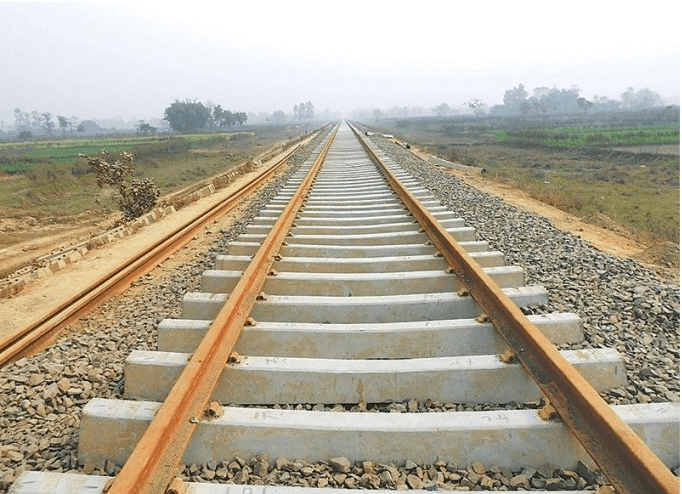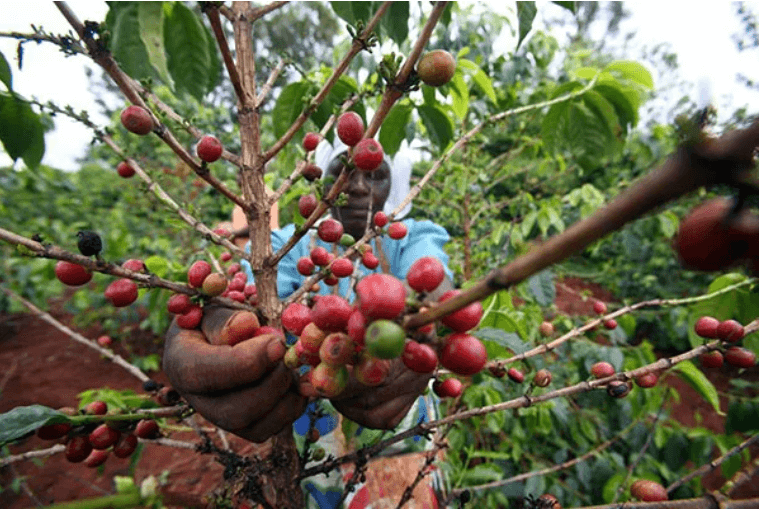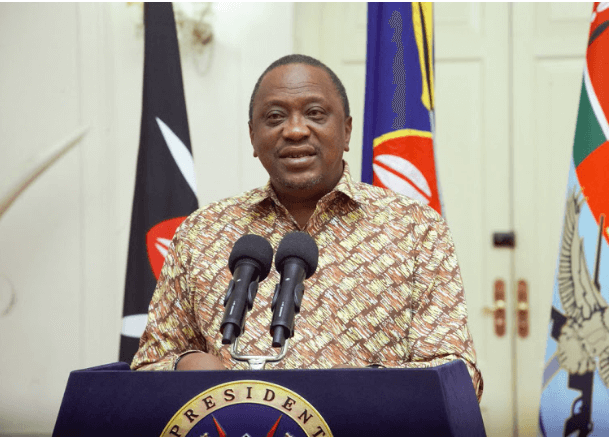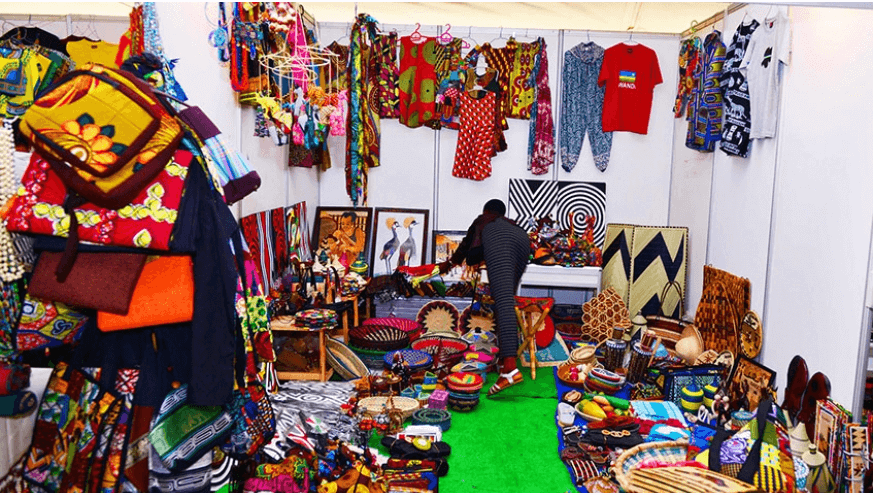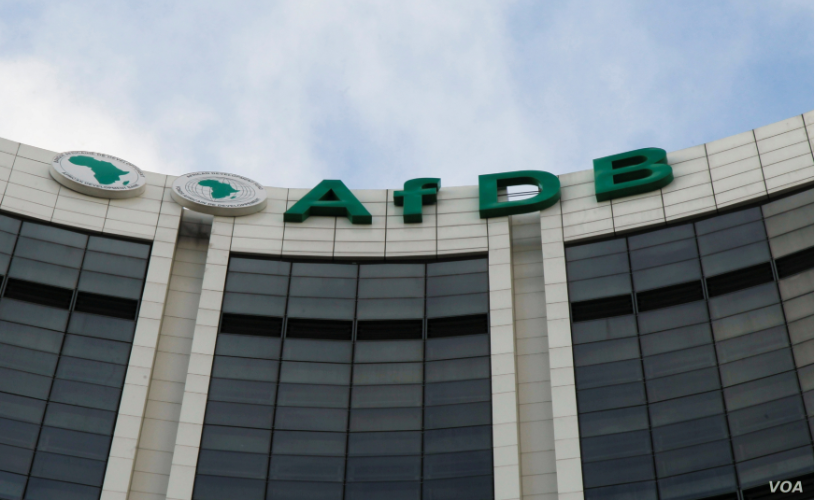Tanzania has announced that financial deals for the construction of the second phase of the standard gauge railway (SGR) are close to be finalised. The Minister for Finance and Planning, Dr Phillip Mpango, disclosed that discussions with a consortium of development finance institutions to finance construction of the railway line were at advanced stages. Tanzania SGR Tanzania is constructing a standard gauge railway that will link Rwanda, Burundi and DR Congo to the Dar es Salaam Port. The first phase of the railway line covering 202km from Dar es Salaam to Morogoro is in its final stages. Construction of the second phase of the standard gauge railway line is expected to start from Morogoro to Makutupora area in Dodoma Region. “I am sure of getting the money. So far we are moving on well,” said Dr Mpango, who was leading a delegation from Tanzania at the forum organized by the African Development Bank to tilt the flow of investments to Africa. Infrastructure development Similarly, Trade and Development Bank, Africa Finance Corporation officers confirmed they were raising funds for infrastructure development in Tanzania. The President and Chief Executive Officer for Eastern and Southern African Trade and Development Bank, Admassu Tadesse, confirmed that they were pooling resources for Tanzania. Mr. Tadesse revealed that they had already approved US $500m syndicated loan for Tanzania. The Bank’s mandate is to finance and foster trade, regional economic integration and sustainable development through trade finance, project and infrastructure finance, asset management and business advisory services. Tanzania was among the...
Tanzania close to securing funding for second phase of SGR project
Posted on: November 20, 2019
Posted on: November 20, 2019

